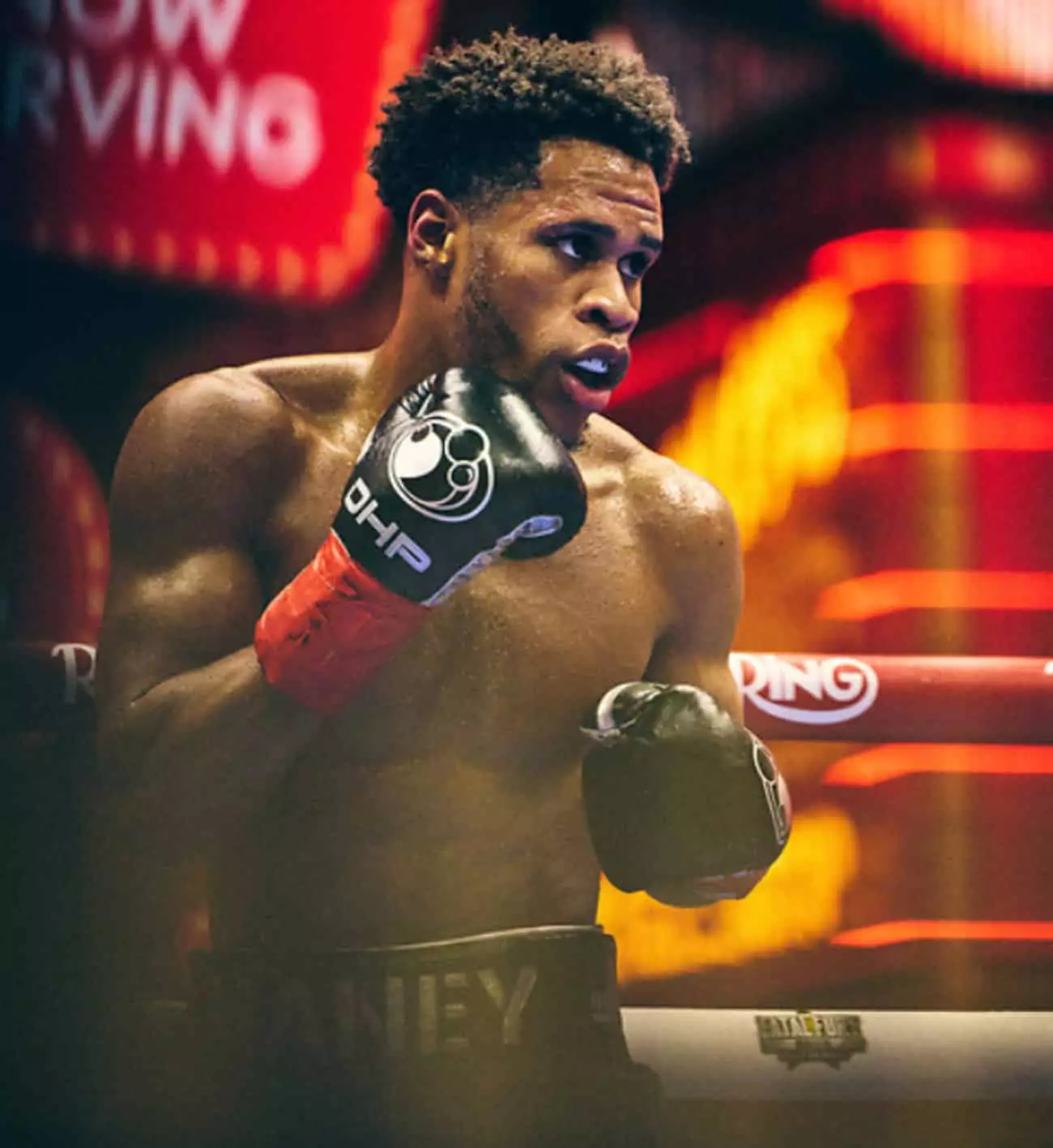The world of boxing is no stranger to criticism and debate. The latest hot topic has emerged surrounding Devin Haney’s performance against Jose Ramirez, a fight that sparked intense scrutiny from fans and commentators alike. Caleb Plant, a former IBF super middleweight champion, has decided to throw his weight on Haney’s side, arguing that the criticism directed at Haney is misplaced. This bears deeper examination and raises fundamental questions about what responsibility fighters have in terms of both strategy and entertainment.
Understanding Plant’s Defense of Haney
According to Plant, the onus for a more thrilling contest doesn’t solely rest on Haney’s shoulders. He argues that it was Ramirez’s responsibility to make the fight competitive. From Plant’s perspective, Haney’s performance shouldn’t be criticized for its safety-first approach; rather, Ramirez, who has previously displayed knockout power, should have adapted his strategy to pressure Haney. This viewpoint is particularly revealing of Plant’s understanding of boxing dynamics but also exposes a potential blind spot in his reasoning.
Standing firm in his assertion, Plant emphasizes that Haney’s game plan was a reflection of disciplined training. He recalled his own earlier perceptions of Haney during the fight, noting that the first round might have been a cautious approach rooted in strategic planning. While it’s admirable to commend the willpower it takes to execute such a plan, the expectation for entertainment cannot and should not be dismissed. The responsibility of creating a competitive atmosphere arguably lies with both fighters, not just one side of the ring.
The Nature of Entertainment in Boxing
Boxing is largely a performance-oriented sport. Fans pay hefty ticket prices and buy pay-per-views with the expectation of a show, which often means powerful exchanges and voluntary risks taken by fighters. While Plant argues that Haney’s strategy was sound in terms of winning, this defense challenges the very essence of what it means to be an entertaining fighter. Perhaps an excellent boxing performance can be a strategic one, but when a fighter’s approach is criticized as excessively cautious, one must wonder: Can a win be deemed satisfactory if it’s devoid of excitement?
Haney’s enormous fight purse of $10 million brings the conversation about expectations to a head. With such a financial reward comes scrutiny and a demand for a performance that justifies the investment. The argument that Haney’s game plan was merely about “winning as easily as possible” smacks of a mindset that overlooks the importance of establishing spectacle in the sport.
Plant’s Own Fight Style: A Mirror Reflection
Interestingly, Caleb Plant’s commentary may be influenced by his personal fight style, which, like Haney’s, often treads the line of caution. Both fighters have built their reputations on smart, defensive boxing. In a sense, Plant’s support for Haney could also stem from a reluctance to critique another fighter who shares similar attributes. When Heney plays it safe, Plant likely feels a sense of solidarity, one fighter recognizing the tendencies of another.
However, there’s a crucial distinction to be made. Plant has faced criticism in his own right, particularly following performances where he appeared less than aggressive against formidable opponents like Canelo Alvarez and David Benavidez. It raises the question of whether Plant’s defense of Haney is less about the latter’s abilities and more an attempt to deflect attention from his own shortcomings displayed in past bouts. In defending Haney, Plant inadvertently highlights the protective strategies both fighters employ that may not always resonate with the boxing audience craving compelling confrontations.
The Harsh Reality of Boxing
The dynamic between entertainment and strategy in boxing is fraught with complexities. Plant posits an intriguing argument about the importance of training and discipline, but the harsh reality remains that fans yearn for captivating bouts that stir emotions and provoke excitement. When fans leave a fight feeling shortchanged, the essence of boxing as a dramatic, visceral sport is jeopardized. Although one could argue that Haney’s discipline allowed him to win, it’s equally valid to assert that it rendered the fight decidedly unremarkable.
In the sea of strategies employed in boxing, the challenge lies in finding the equilibrium between winning and impressing the audience. Devin Haney may have executed his game plan with precision, but the fallout speaks volumes about viewer expectations. Caleb Plant can champion Haney’s choice; however, he must ultimately recognize that the boxing landscape demands more than just clinical strategies; it necessitates a flair that captivates both fans and critics alike.

